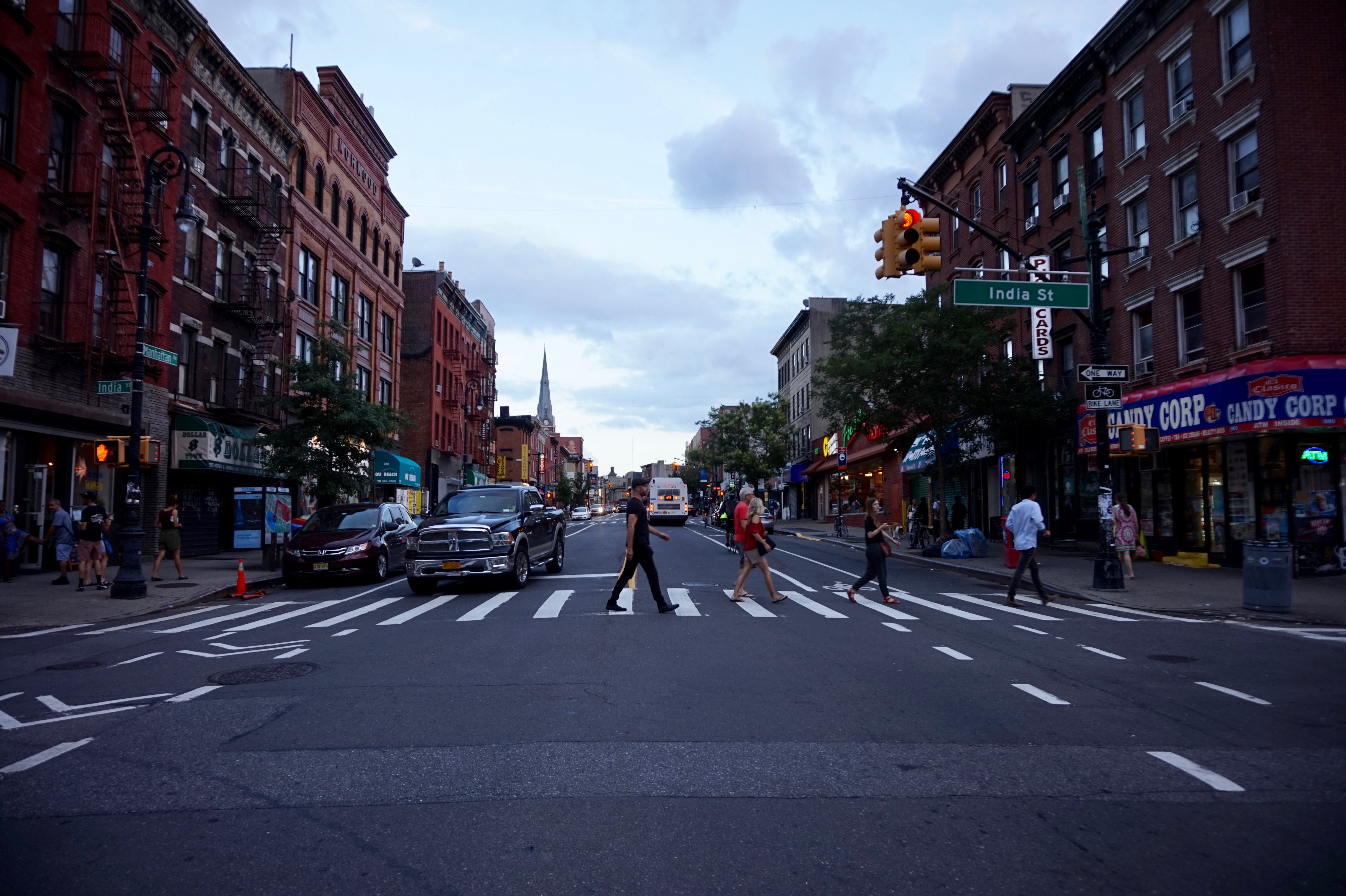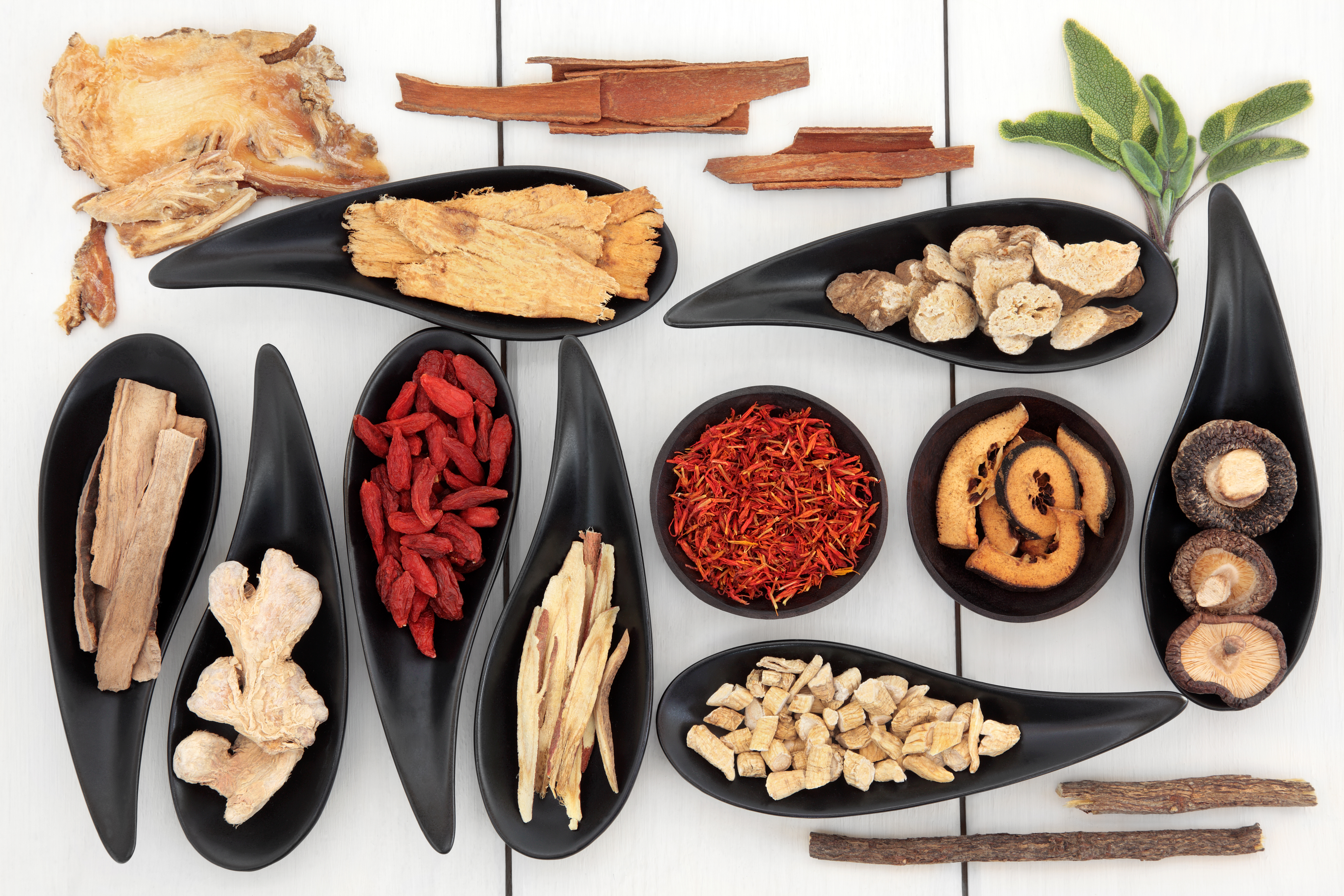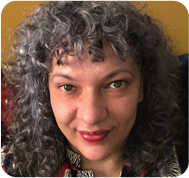
Our collective experience with Covid-19 is one of confusion, fear, and deep grief. The pandemic has highlighted divisions in our society in ways few could have predicted. As we deal with changes in work, healthcare, family, and social life, one feature that has emerged is that some are finding they continue to deal with debilitating symptoms months after initial infection. I feel it is entirely important to honor the narrative of those who are dealing with this phenomenon known as Long Haul Covid-19, particularly as we will continue to answer their calls within our clinics.
I began speaking with patients about these persistent symptoms during the time of the shutdown in New York City. My acupuncture clinic was closed with only a few days' notice and for 3 months - March through June 2020 - as the City scrambled to contain the spread. Acupuncture is now designated an essential service, which is really just a signature on a form that allows us to continue working during times of emergency. It didn’t happen earlier for my profession simply because no one thought about it. Acupuncture in the United States is only as old as me (1973), and our concerns have been more directed toward the legalization of this meaning-making medicine. And - I don’t think anyone could have imagined what New York would look like during this time. I live in Harlem, where many people did not have the choice to work remotely or take a break. I witnessed three people collapse in the street in need of an ambulance that didn’t arrive in time. To say the situation was grim is an understatement; a nightmare might be a better word.
Covid-19 is an RNA virus that shares 96% of its genome identity with SARS– Severe Acute Respiratory Syndrome, which emerged in 2003. In Chinese Medicine, the Lung is known as The Delicate Organ. The spike in the Coronavirus is what allows it to first attack the lungs, damaging the fine hairlike structures called cilia. After the initial incubation of 2-14 days, many people experience lung symptoms including fever, dry cough, shortness of breath, and lethargy. Another 5-10% of those infected will have symptoms like diarrhea and nausea. Though it is possible to remain asymptomatic, most people know they feel sick and tired. For some, the infection resolves, but for more than a third of Covid-19 patients, the pathogen penetrates deeper into the body and causes a dysfunctional immune response with lasting effects.

At present, the patients I have seen experiencing Long Haul Covid-19, which is currently defined as symptoms lasting more than 6 months, are all women between the ages of 30-45. They were formerly healthy, epitomizing the busy lifestyle for which NYC is known. The exhaustion and pain of this chronic illness is impacting every aspect of their lives. Some are taking disability leave, and few have yet returned to their pre-pandemic levels of activity.
These individuals tend to differentiate into two patterns which are Lung Qi Deficiency and Blood Deficiency. Lung Qi Deficiency is exactly what it sounds like – the person still has congestion and phlegm in the lungs, cough, fatigue, and tidal fever, which is when fever recurs at a certain time each day, usually late afternoon. Blood Deficiency is a deeper concern, and the symptoms are more global, involving other organ systems. The Blood Deficiency patients present with peripheral neuropathy, heart palpitations, dysregulation of temperature, and deep muscle and joint pain.
As the illness becomes chronic, all patients report fatigue that is startling and persistent and they share additional symptoms including heart palpitations, intermittent sore throat, wheezing, shortness of breath on exertion, and loss of stamina. Easy errands become mountains, and recovery is needed from normal activity. Insomnia is also noted, as the Lung Qi is active from 3-5 am. Mothers of asthmatics have long known those hours. If the Lungs aren’t well, the early morning hours are difficult. Another large contingent notices derangement in taste or smell (anosmia) that interferes with appetite.
What these chronic symptoms most resemble for me, at this spot in time, is adrenal exhaustion, recurrent malaria, or chronic Lyme. In Chinese Medicine, this fits the idea of Shaoyang disorders. These are disorders that are partly interior and partly exterior within the body systems. The pathogen is attempting to move more deeply within, while the immune system is doing its best to push the pathogen to the surface. It is helpful to support the immune system with therapies like cupping and acupuncture, yet the infection may evade, perhaps hiding within the joints. The virus harbors and will later emerge; partly in and partly out. This is true of AIDS and Typhoid, as well.
In that vein, the healing gestures are to be thorough, but very gentle. We are seeking to help the body to help itself. It is important to have an eye toward strengthening the host (the human), and not the guest (the pathogen). Strong interventions to a system that is already compromised will make the person further exhausted and the immune system overactive.

In the preventative phase, before or during early infection, it makes sense to tonify, increasing available energy, and attack the pathogen using herbs and supplements for that purpose; echinacea, goldenseal, and quercetin are known for their abilities here. But after, and as symptoms remain, it’s very important to speak sweetly to the body so the immune system has a chance to rally and “catch up.” I encourage my patients to exercise, no more than 30 minutes daily, swinging their arms and legs. I encourage them to play, bathe in sunlight, and consciously choose activities for pure enjoyment. Prioritizing and protecting sleep routines is critical while short periods of time within infrared saunas may also bolster immunity. Clearing and cooling the Liver is important for healing. The most traditional formula is called Shao Yao San, meaning Free And Easy Wanderer. Other interventions should be based on differential diagnosis, asking questions such as:
What organ systems and bodily functions are affected?
What vulnerable parts has the virus attacked?
What factor does lifestyle and stress play in recovery?
All treatments in my practice are short and generally include acupuncture, cupping, or moxibustion. Any interventions are directed toward strengthening with seasonal and simple foods. Bone broth is a recommendation if they eat meat, while mushrooms and seaweed broth are suggested if they don’t. I am very careful with herbal recommendations because when people have been feeling bad for months, they often already have a regimen of supplements. Sometimes the first step is to remove some of the remedies they’re using. Too much can be just too much. It truly is the rare New Yorker who answers “nothing” when I ask what they’re taking. The improvement in symptoms tends to be gradual, with sleep among the first.
Chinese Medicine excels at dealing with the transitions like growth, maturation, pregnancy, and aging. One of our seminal texts is called Miraculous Pivot, in part because of the way it directs the body to effect change. The transition from a state of health and wellness to one dealing with lingering or unsolved illness is huge and requires consistent, caring support. Long Haul patients gather online to share and explore the commonalities of their symptoms and to support one another. When I see them in person, simply listening deeply to the narrative of their illness helps at least as much as the treatment that follows. There is a validation and comfort in being listened to that provides healing. These patients are experiencing debility and real strain amidst one of the most challenging times possible. For all of them, gentleness in treatment, and encouraging them to be gentle with themselves, is the guiding principle. Illness often has a component of feelings of frustration, shame, and anger at the “failure” of the body. Guiding one's patient toward self-compassion can help ease these emotions.
It is my distinct feeling that we’re entering a different chapter of the pandemic. Input from the people healing from Long Haul symptoms is an incredibly important contribution. My eyes, ears, heart, and clinic remain open while navigating these challenging times and in service to my community.
If the reader is Covid-19 positive or is experiencing Long Haul symptoms, I encourage you to contact your medical health professional directly as protocols are specialized between practitioner and patient. Sharing what I am witnessing with patients in my community clinic is for informational and educational purposes only within the context of a peer-to-peer online periodical and in the spirit of fostering knowledge and understanding for client-practitioner relationships.
Check Isobeau Trybula's bio to learn more about Worksong Chinese Medicine.
Complement Isobeau's article with Emily Murray's, The Stars Will Catch You: Building A Self-Compassion Practice


